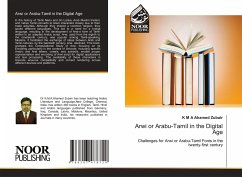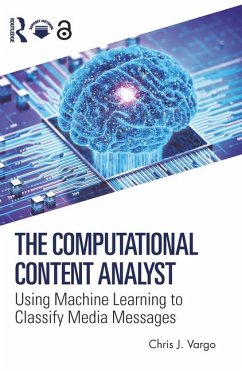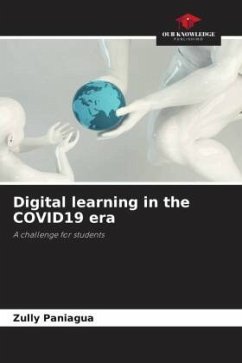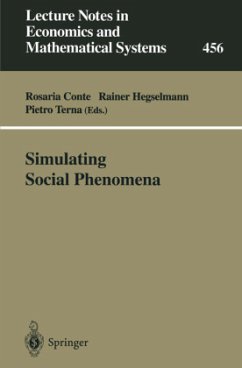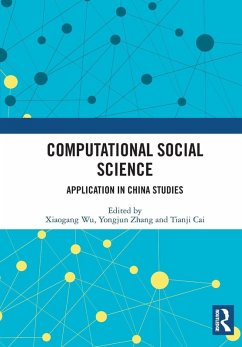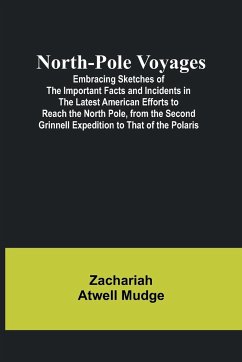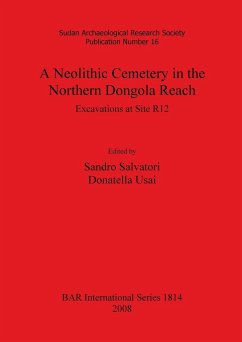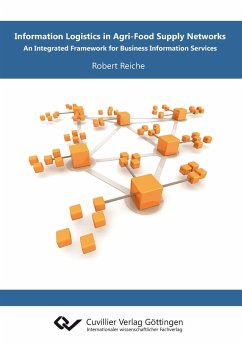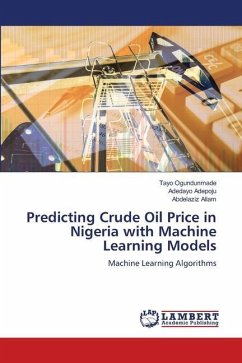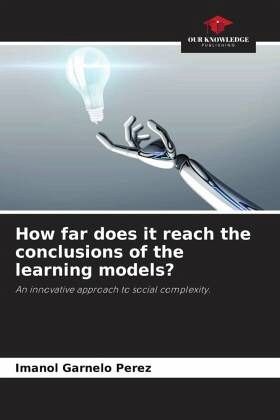
How far does it reach the conclusions of the learning models?
An innovative approach to social complexity.
Versandkostenfrei!
Versandfertig in 6-10 Tagen
29,99 €
inkl. MwSt.

PAYBACK Punkte
15 °P sammeln!
In this research project proposal, a transversal, descriptive, non-experimental research design is proposed, by means of a novel methodology present in the representations of linear and non-linear dynamic systems, with explanations that fall on qualitative aspects, by means of modeling with automata and computational simulation. Open at all times to mixed approaches or a series of quantitative expositions with correlational approaches and with the objective of through the recreation, as well as the analysis of a computational simulation, it is possible to verify a series of hypotheses in relat...
In this research project proposal, a transversal, descriptive, non-experimental research design is proposed, by means of a novel methodology present in the representations of linear and non-linear dynamic systems, with explanations that fall on qualitative aspects, by means of modeling with automata and computational simulation. Open at all times to mixed approaches or a series of quantitative expositions with correlational approaches and with the objective of through the recreation, as well as the analysis of a computational simulation, it is possible to verify a series of hypotheses in relation to the research problem to be addressed, that is to say, to find and support the possible relationship between the linear and nonlinear dynamic systems. To find and sustain the possible relationship about, if the learning phenomenon germinates and develops from consumption, in the different new digital platforms, as well as orthodox, contextualized and transcending as a social phenomenonof our century, and taking into account, mainly the contributions of the information theory as well as the self-organization in follow-up with the deepening of models that adhere to these themes.



